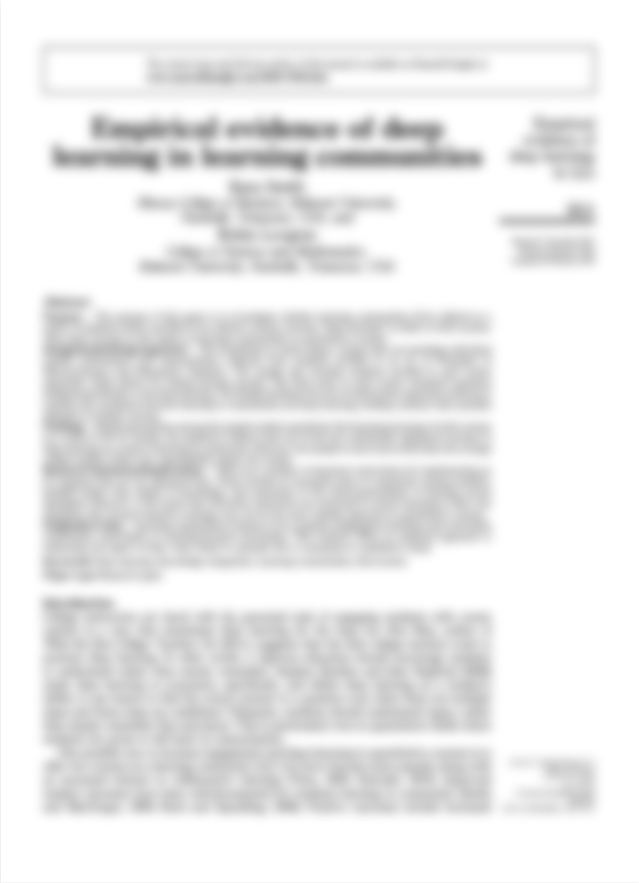Manitoba athlete on target; History Doris Jones had also won gold at the 2003 Games
Bisson, James.
Telegraph-Journal; Saint John, N.B.. 02 Mar 2007: B11.
You might have access to the full article...
Try and log in through your library or institution to see if they have access to the full text.






